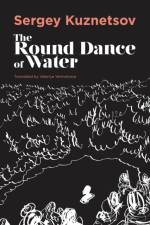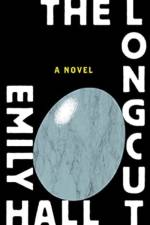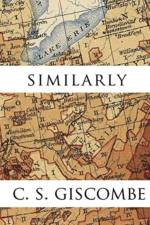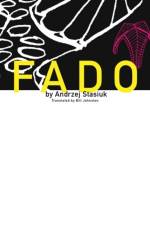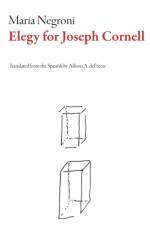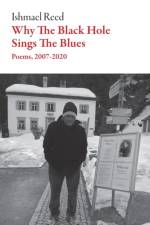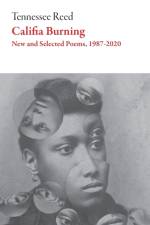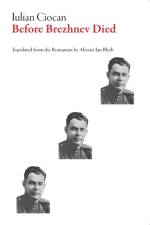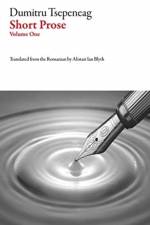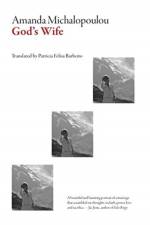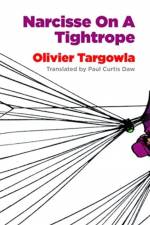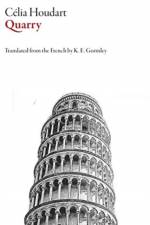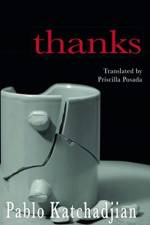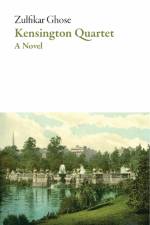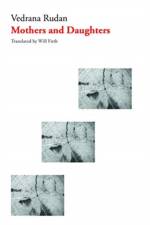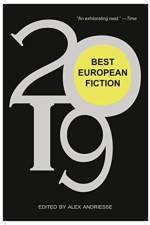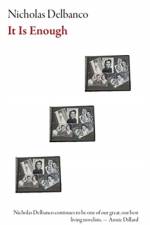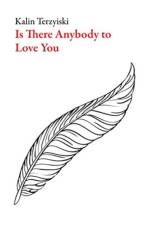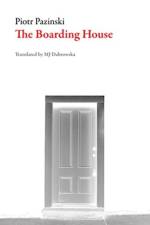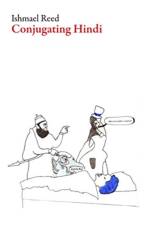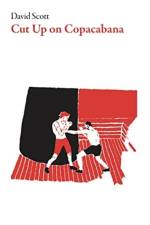av Emilian Galaicu-Paun
187
With each chapter embodying a separate Commandment, Living Tissue, 10x10 is both a Decalogue and a ribald, exuberant, deliriously inventive postmodern Decameron, which covers four decades in the life of the protagonist, unfolding against the backdrop of Soviet and post-communist Moldova, from the untimely death of Yuri Gagarin in 1968 to the so-called "twitter revolution" of 2009. Tens of tragical, comical, fantastical, historical tales intertwine, punctuated by the endless upheavals suffered by twentieth-century Moldova. But the narrative also takes euphoric flight, in episodes that travel as far afield as Paris, Moscow, and Tibet. In Living Tissue. 10x10, Emilian Galaicu-Päun engages in literary origami, bending and blending together real and fictional worlds, abolishing up and down, here and there, past and present, as if in an Escher engraving, alternating narrative techniques, braiding myth, history and literary allusion, transgressing the boundaries of languages and cultures to create a rapturously intricate novel in ten dimensions.

